Kurashiki
Kurashiki is best known for the Bikan Historical Quarter, now preserved as a historic district, with many of former storehouses converted into characterful shops, museums, and cafés.
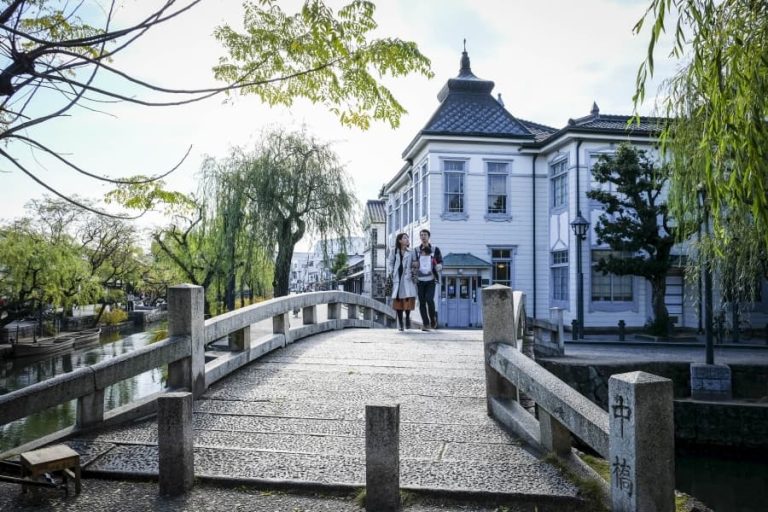
Kurashiki is best known for the Bikan Historical Quarter, now preserved as a historic district, with many of former storehouses converted into characterful shops, museums, and cafés.
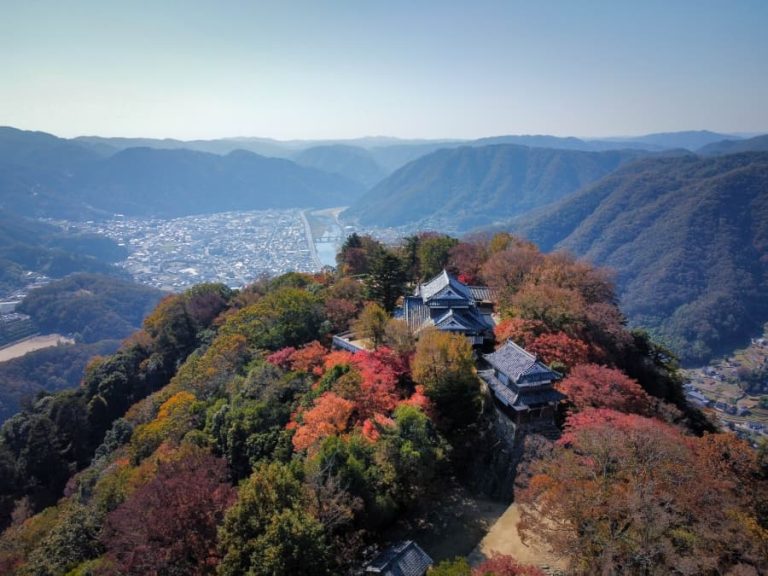
Bitchū Matsuyama Castle stands on a mountain high above the town of Bitchū Takahashi. The high stone walls are very impressive, and the view from the keep is expansive and awe-inspiring.
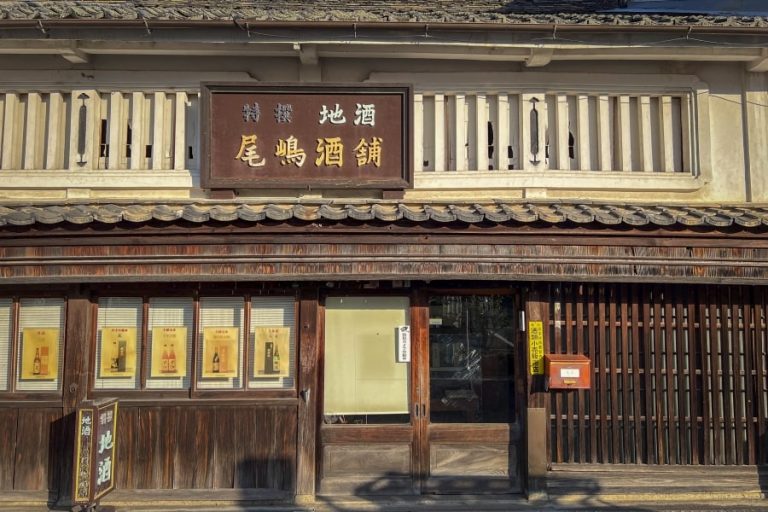
The small city of Takahashi in the mountains of Okayama grew up around Bitchū Matsuyama Castle. It retains much of its Edo period atmosphere, with many old merchant premises close to the river.
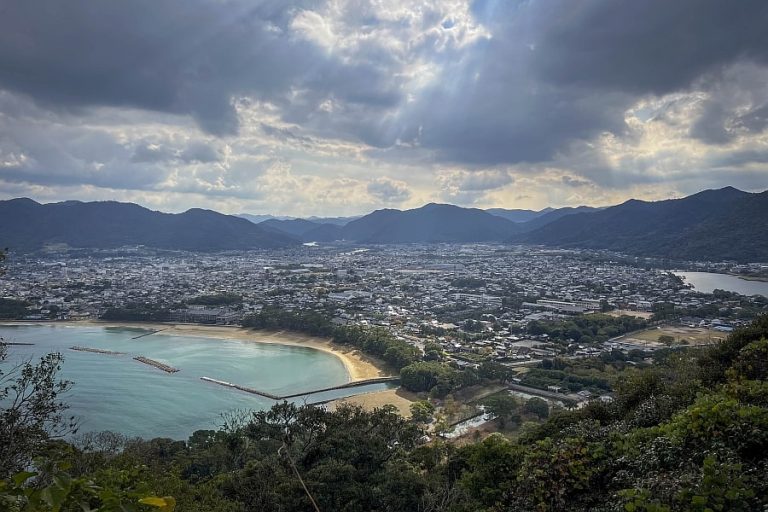
Despite its relatively isolated location, Hagi had a remarkable impact on Japanese history at the end of the feudal period and the early modern period.
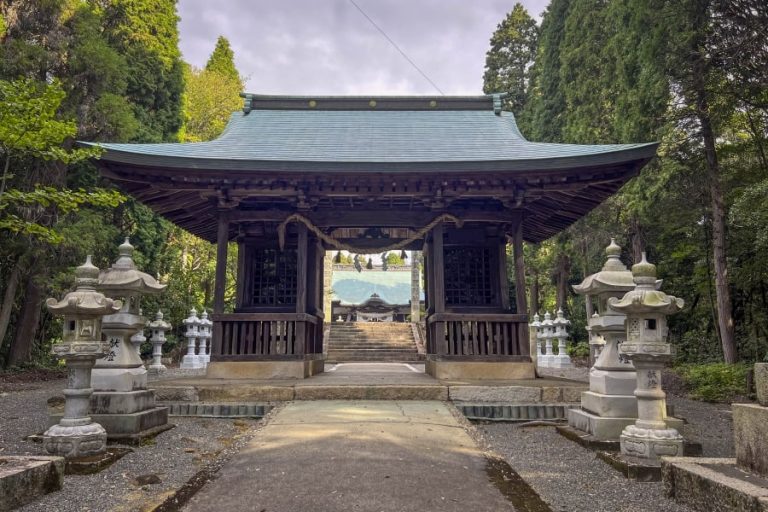
A Shintō shrine in Akitsu with a sake theme. In the shrine compound is a fine bronze statue of Miura Senzaburō, who devised a method for brewing sake with the soft water of Hiroshima.
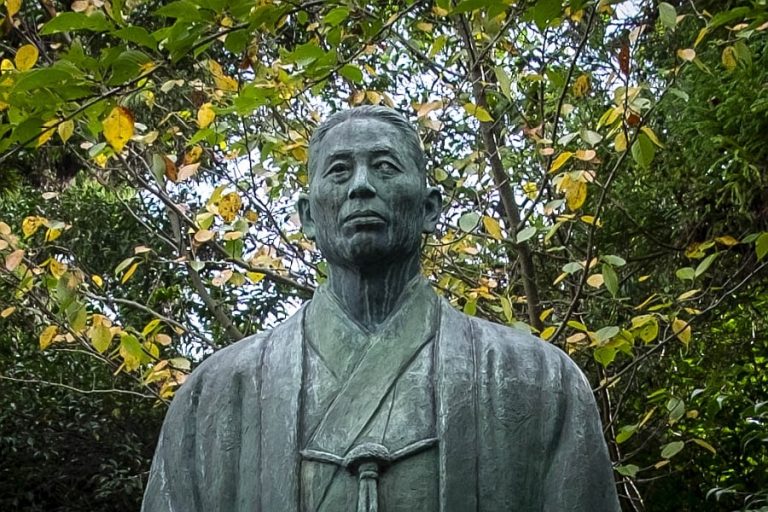
Miura Senzaburō was a Japanese sake brewer whose “Miura method” of brewing sake with soft water, invented in 1887, laid the foundation for the development of the renowned Hiroshima sake. He’s also known as the father of ginjō sake.
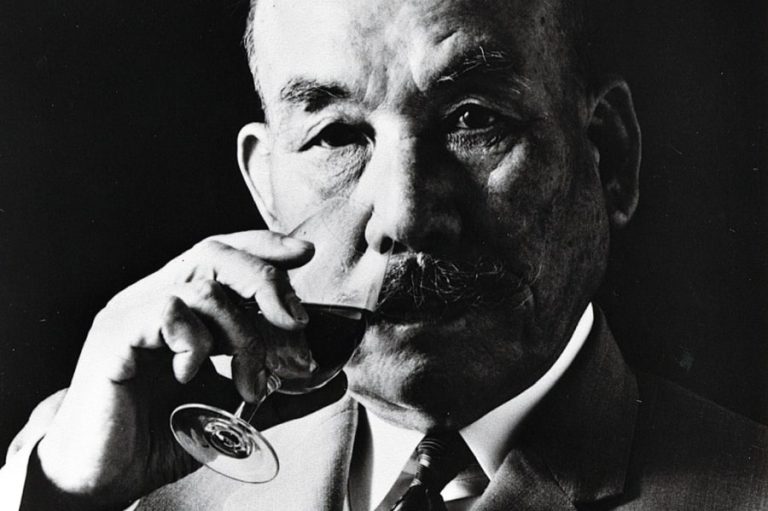
Taketsuru Masataka, known to his friends as Massan, was a brewer and distiller from Takehara. He’s known as the founder of Japan’s whisky industry and Nikka Whisky.
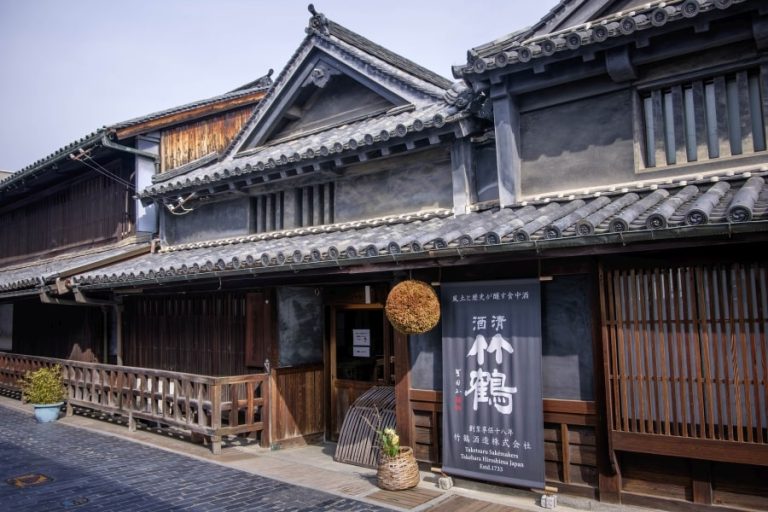
The museum displays materials related to the local salt and sake industry, and exhibits related to the city’s people, history, and culture.
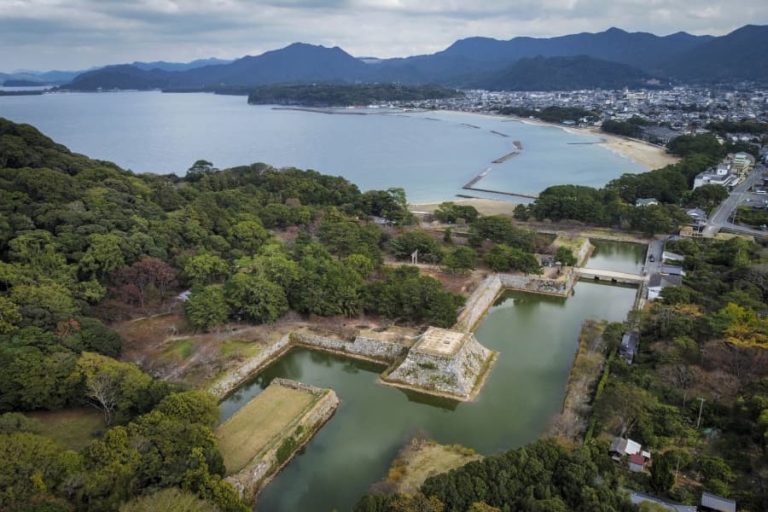
The ruins of Hagi Castle are located at the seashore of Hagi city on the Sea of Japan at the delta of the Abu River. The castle was built on a low mountain, Mt. Shigetsu, at the edge of the delta.